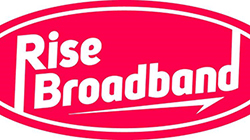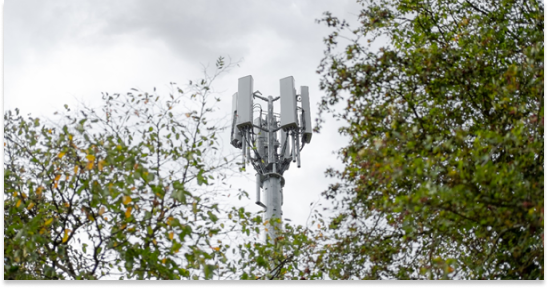FCC Awards Rise Broadband $16.9 Million for Rural Development in Five States
The Federal Communication Commission (FCC) announced that, out of the 181 companies that submitted 575 bids for its Rural Broadband Experiment, mobile broadband provider Rise Broadband won a coveted $16.9 million contract to develop high-speed networks in rural Illinois, Iowa, Nebraska, Kansas, and Texas.
With the establishment of the Rural Broadband Experiment in 2014, the FCC made $100 million annually available for rural broadband expansion across the United States. With the goal of, ultimately, making broadband Internet universally available in the United States, the Rural Broadband Experiment invests in rural areas with either inadequate or nonexistent coverage.
Making broadband universally available is, however, a difficult task, especially given the FCC’s 2015 broadband regulations (which specify a minimum downlink of 25 Mbps and a minimum uplink of 3 Mbps). The Rise Broadband project, which approaches the FCC’s $20 million per investment limit, targets five states with a high need for rural broadband due to large swaths of rural farmland.
The FCC chose Rise Broadband based on the provider’s history of technical expertise and, of course, the provider’s low bid. The project will connect an estimated 43,000 new households to high-speed Internet. This means that the estimated cost of investment per household will be a very reasonable $400.
The project will connect an estimated 43,000 new households to high-speed Internet. This means that the estimated cost of investment per household will be a very reasonable $400.
The award designee, Denver-based Rise Broadband (which operated regionally as Digis, Prairie-iNet, Skybeam, T6 and Rhino Communications until the company rebranded in 2015), is the United States’ largest fixed mobile broadband provider. The company currently provides service to 200,000 homes and businesses in the rural and suburban Midwest, the Mountain States, and the American Southwest.
Rise Broadband provides fixed mobile broadband plans with speeds that range from 2 Mbps downlink, 1 Mbps uplink to 15 Mbps downlink, 3 Mbps uplink. Neither the provider nor the FCC has released projected speeds estimates for the proposed networks, although, given the limitations of today’s mobile broadband technology, it is reasonable to assume they will fall short of the FCC’s broadband standards.
The new broadband regulations, which the FCC adopted in January, broaden the scope of the Rural Broadband Experiment. Since, under the new definition, 53% of rural Americans (According to the 2015 Broadband Progress Report) do not have access to broadband Internet, more projects now qualify for the initiative’s $100 million investment funds. These projects include, in particular, those that experiment with connection speeds over 4 Mbps downlink, 1 Mbps uplink.
The FCC’s 2015 report found that broadband Internet adoption in rural areas has stagnated in recent years. The findings make the agency’s investment funds more important than ever. They also put the pressure on award designees like Rising Broadband – and the 11 other provisional winners that the FCC selected this March – to deliver tangible results.


